Karachi Literature Festival: Literature in the Age of Extremism
All is not lost in the age of extremism, literature will survive and human values will find their way.
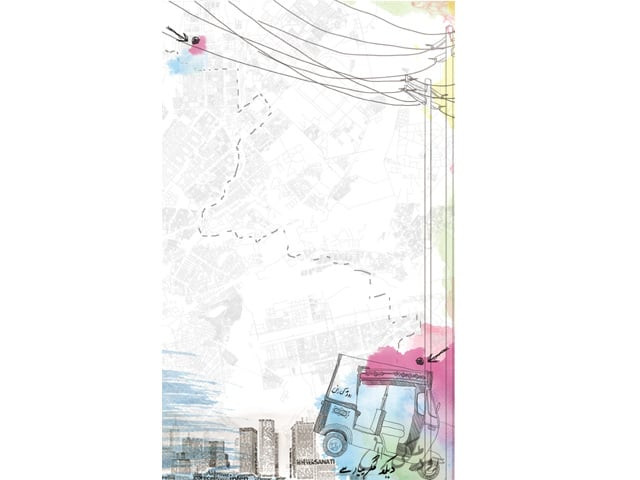
Karachi Literature Festival: Literature in the Age of Extremism
All is not lost. Literature will survive and human values will find their way, said panellists at the discussion on “Literature in the rise of extremism” on Saturday at the second Karachi Literature Festival.
“In these times, it is difficult to be the voice of truth,” said writer Zahida Hina. “When people speak for justice, fully aware of the consequences, it is a test of a writer’s character. In General Zia’s time people spoke against injustice and at the time of partition, the strongest group was that of writers.”
She called for writers and artists, who want to fight extremism, to come on one side – a line that wasn’t supported by the other two panellists, writer Fahmida Riaz and Madeeha Gauhar, founder of the Ajoka theatre group, who came in place of author Ali Sethi.
“Literature is something with an element of divinity and it is connected to some human values,” Riaz said. “With fanaticism, these values are crushed because society does not allow for a forum to voice such opinions. Every time we had a war with India, our values were crushed. After the 1970s war, I wrote a poem, which had a verse “Mujh ko bharat say nafrat nahi,” and that could not be published, she said. Manto’s famous short story “Thanda Gosht” was recalled by Riaz. “Thanda Gosht depicts how life was lost in the time of partition.”
Zahida Hina was critical of the print media, specifically following former Punjab governor Salmaan Taseer’s murder. A series of articles were printed in support of the blasphemy law. “There were few people who said Taseer was not a blasphemer. We saw the way his party (Pakistan Peoples Party) fought for him, and we saw the way hundreds of lawyers in Islamabad came to the support of Mumtaz Qadri,” Hina said to a cheering audience.
By this time, the session that had around 30 people at the beginning, had filled the hall. Among the audience were human rights activist Tahira Abdullah, Dr Habiba Hassan, Zakia Sarwar, Ayesha Siddiqa and poets Ifthikar Arif and Kishwar Naheed.
“Sometimes reality becomes so bitter, that one way to confront it is through humour and satire,” said Madeeha Gauhar. “Ironically, our play, Burqavaganza - a love story in the time of jihad - was banned in the time of ‘enlightened moderation’ and then once again in the PPP’s regime. I was shocked when this happened and I had to explain myself in front of the Senate Standing Committee on Culture.
What I experienced then warrants another play. It’s not the Taliban in Khyber-Pakthunkhwa, who are the only problem; it’s the Taliban within us. Har cheez par Islam khatray main par jata hai.”
Gauhar reiterated on the need to fight for space in this time of radicalism. “Our space is shrinking. There is fear. Sherry Rehman has to withdraw her bill.”
Published in the Express Tribune, February 7th, 2011.

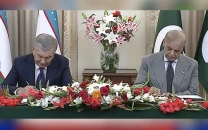
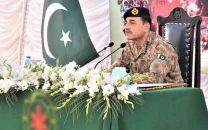


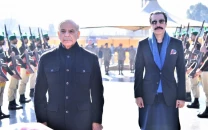
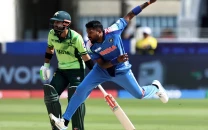












COMMENTS
Comments are moderated and generally will be posted if they are on-topic and not abusive.
For more information, please see our Comments FAQ